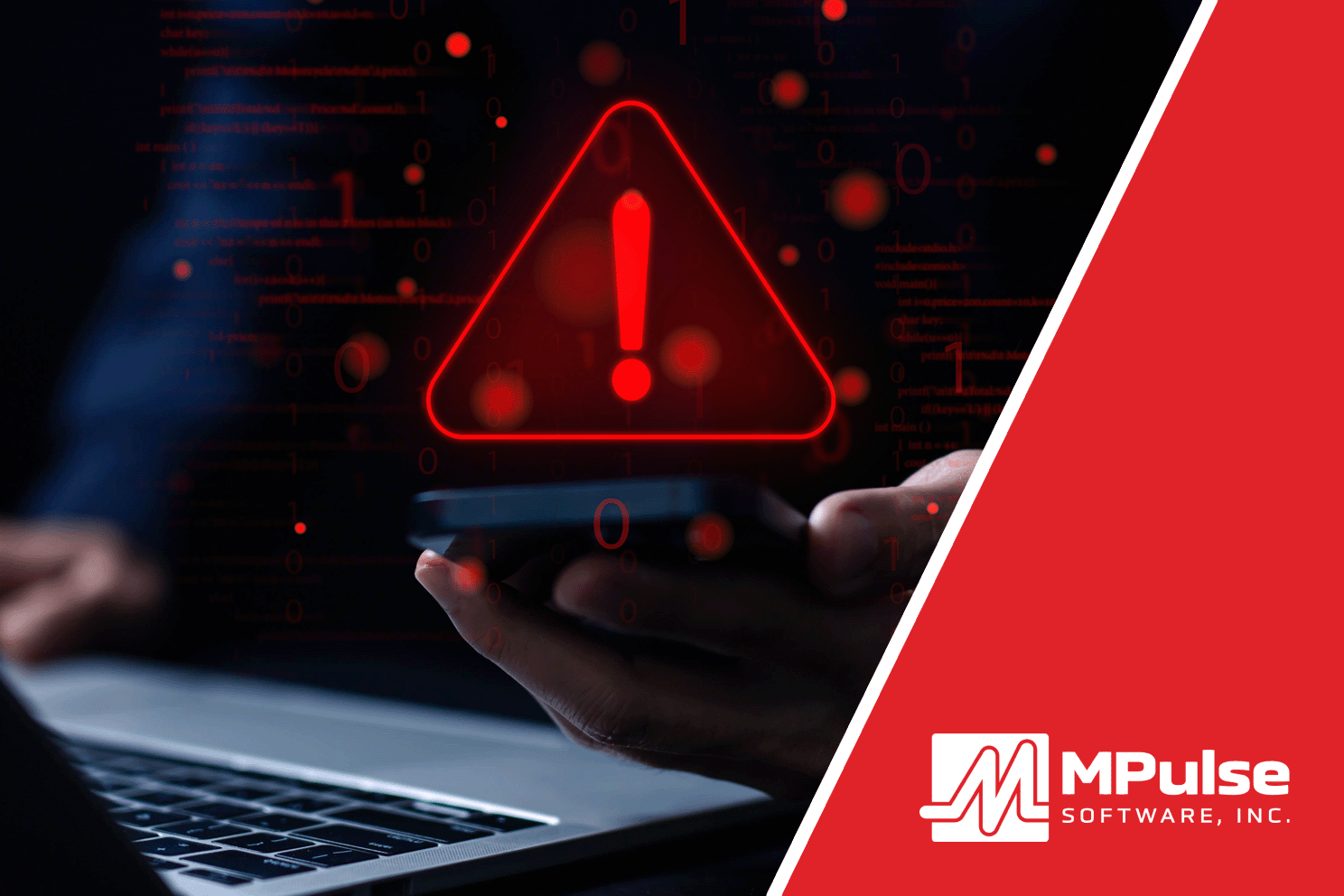Your legal and compliance departments probably won’t use your CMMS. However, they may feel invested in what the software can do. Making a courtesy call to these departments can prevent unexpected hiccups down the road.
Both departments want to make sure your organization follows all related laws, policies, and regulations. As a result, their concerns are:
- Are we abiding by legal/governmental regulations?
- Are we abiding by internal company policies and guidelines?
Often, simply involving these stakeholders in the buying process at the appropriate time can prevent many issues.
Table of Contents
Will It Help Us Follow the Rules?
When explaining your CMMS purchase to legal and compliance departments, focus on the software’s ability to help your team follow the rules. It could be documentation about safety protocols for OHSA, compliance regulations, or simply paperwork to support any liability issues. These departments want to know how CMMS software can help your organization stay on the right side of the law.
Documentation lies near and dear to your legal and compliance departments. For example, CMMS software can document and report on…
- Inspection schedules
- Warranty documentation
- Purchasing and vendor information
- Compliance procedures
- Quality assurance tasks
- Regulatory audit support
Those all play a role in following legal and compliance guidelines. As a result, understanding what these departments need and how they use that information goes a long way.
Legal
The law requires any organization to take reasonable actions under the appropriate circumstances. Failing to do so can result in potential liability. Additionally, all organizations want to avoid lawsuits or legal headaches.
CMMS software can support your organization with documentation in the case of a complaint or a potential lawsuit. For example, records of safety inspections and completed maintenance tasks can provide evidence for an onsite injury.
This also applies when your organization might hold a manufacturer responsible for a failure. For example, if an asset fails, the legal department can use CMMS data to prove the service requirements were completed as required and on the recommended timescale. That also can help if a manufacturer wants to void a warranty.
Regulatory Compliance
Regulatory agencies have the right to fine, or even shut down, companies that do not comply with their standards. However, maintaining compliance with regulatory guidelines requires increasingly complex recordkeeping.
CMMS helps organizations stay compliant with…
- User-defined permissions, access, and login control that can integrate with your active directory
- Electronic signature support with limited access to a specific signature field to enter approval
- Preventive maintenance scheduling and documentation
- Corrective maintenance tracking and documentation
- Robust compliance reporting capabilities
- Automated data collection and archived work history
- Documentation of processes and procedures
- Hosting capability for third-party software that creates audit trails
Audits
One common maintenance challenge preparing for audits. However, CMMS software can keep the necessary audit trail for inspectors. A huge benefit of CMMS is the ability to drastically reduce that prep time. Rather than your team taking extra time to assemble all necessary documents, the software can generate detailed information in seconds.
Make sure legal and compliance concerns are heard before you get too far into the buying process. You always want to avoid late-stage show-stoppers that may derail your procurement.
The bottom line:
- Make sure you know your stakeholders in the software buying process and do your best to meet their needs.
- Do your homework—take the time to know and understand your stakeholders and their motivations.
- Listen to and understand their needs.
- Address these needs directly.
Like some stakeholders, your legal and/or compliance departments will likely not be affected directly by the daily use of CMMS software. However, they still can benefit from it.
Take the time to understand what they need from your department, and then you can answer their questions about how CMMS software can help.
Have questions? We can help. Contact us.
[related-content]





